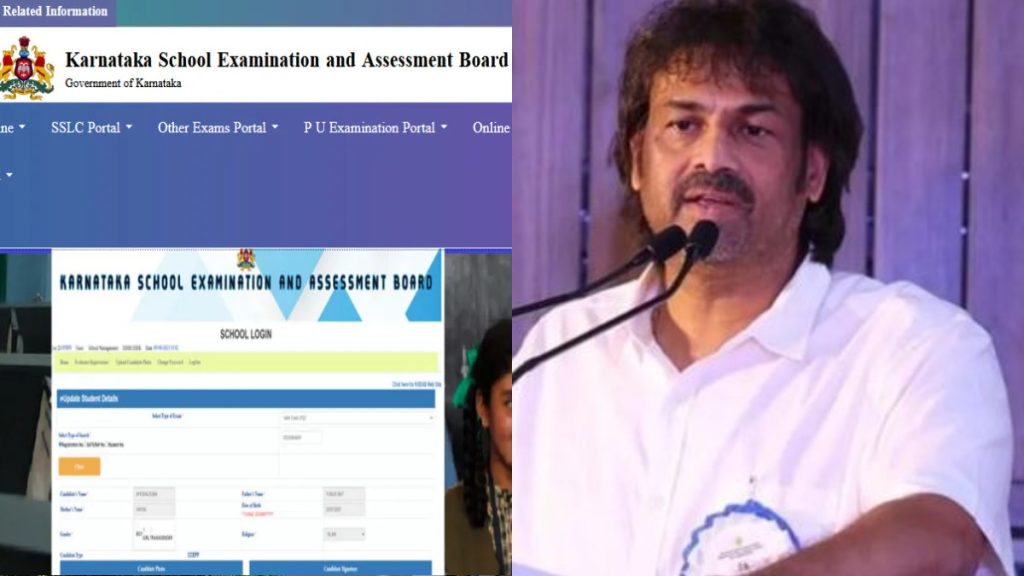In a major relief for lakhs of students across Karnataka, the State Education Department has introduced a new rule for SSLC (Class 10) and PUC (Class 12) examinations. The updated guidelines significantly reduce the minimum marks required to pass, making it easier for students to qualify for the next level of education.
New Rule: Minimum Marks to Pass
According to the latest circular from the Karnataka School Examination and Assessment Board (KSEAB):
- SSLC (Class 10) students will now need to score only 30 marks out of 100 in each subject to pass.
- PUC (Class 12) students must secure a minimum of 35 marks out of 100 per subject.
- Students who score below the passing mark in one or two subjects will be given grace marks or eligible for supplementary exams conducted shortly after results.
This decision, officials say, is aimed at reducing exam-related stress and improving student morale, especially after pandemic-era learning disruptions.
Internal Assessment and Practical Marks Count
The new system also ensures that internal assessment, practicals, and project work play a crucial role in determining the final result.
- For SSLC, internal marks (20) will be added to the theory marks (80).
- For PUC, practical marks (30) and theory marks (70) will be combined.
- A student must achieve an overall aggregate of 35% to be declared “Pass.”
This holistic evaluation method is expected to give students who perform better in practical or internal tests a fair chance to clear their exams.
Grace Marks Policy Updated
Under the revised rule, students failing by just 3–5 marks in any subject may still pass through the grace marks policy.
Education Minister Madhu Bangarappa stated that this reform aims to “encourage students, not punish them.” He added,
“Our goal is to make education more supportive and less stressful. No deserving student should fail by a small margin.”
Why This Change Matters
- Reduces pressure on students from rural and government schools.
- Encourages balanced learning rather than rote memorization.
- Helps align Karnataka’s evaluation system with the National Education Policy (NEP 2020).
- Expected to lower the failure rate in both SSLC and PUC exams.
Experts have welcomed the move, calling it a “student-friendly reform” that promotes inclusivity in education.
Reaction from Students and Parents
Many students across the state have called this move a “jackpot”, especially those who narrowly missed passing marks in previous years. Parents’ associations have also praised the decision, saying it reduces unnecessary psychological stress and exam anxiety.
The Karnataka government’s decision is seen as a positive step toward educational reform, balancing discipline with compassion. As the new rule takes effect from the 2025 examination cycle, students are urged to continue focusing on conceptual learning while enjoying a fairer and more flexible evaluation system.








